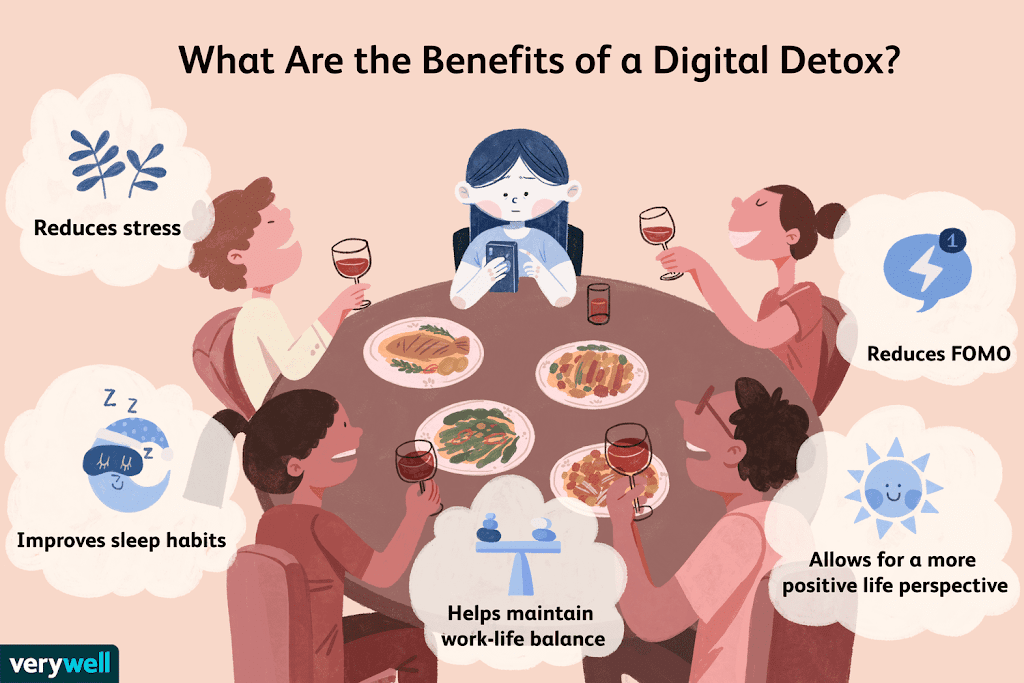The Benefits of Integrating Technology into Detox Center Treatment Programs
Integrating technology into detox center treatment programs can offer a range of benefits, enhancing the overall effectiveness of the rehabilitation process. Here are some advantages:
1. Personalized Treatment Plans:
– Technology allows for the collection and analysis of individual patient data, enabling the creation of personalized treatment plans. This can consider factors such as medical history, substance abuse patterns, and mental health, leading to more tailored and effective interventions.
2. Telemedicine and Virtual Support:
– Telemedicine tools enable healthcare professionals to provide remote support and counseling, extending the reach of treatment programs. This is particularly valuable for individuals in rural areas or those who may face transportation barriers.
3. 24/7 Support:
– Mobile apps and online platforms can provide continuous support to individuals in recovery, offering resources, educational materials, and crisis intervention services around the clock. This constant accessibility can be crucial during the challenging early stages of detox.
4. Remote Monitoring:
– Wearable devices and sensors can be employed to monitor patients remotely. This allows healthcare providers to track vital signs, medication adherence, and overall well-being, providing real-time insights and early detection of potential issues.
5. Educational Resources:
– Technology facilitates the delivery of educational content in various formats, including videos, interactive modules, and podcasts. Accessible information about the detox process, coping mechanisms, and relapse prevention can empower individuals and enhance their understanding of their recovery journey.
6. Supportive Apps and Tools:
– Mobile applications can offer tools for self-monitoring, goal-setting, and maintaining accountability. These apps may include features like progress trackers, journaling functions, and reminders for medication adherence and therapy sessions.
7. Virtual Reality (VR) Therapy:
– VR technology is increasingly being used in therapy to simulate environments and situations that trigger cravings. This controlled exposure therapy can help individuals develop coping strategies in a safe and controlled setting.
8. Data-driven Decision Making:
– Analyzing data collected through technology can assist healthcare providers in making informed decisions about the effectiveness of specific interventions. This data-driven approach allows for adjustments to treatment plans in real time, optimizing outcomes.
9. Gamification for Engagement:
– Gamification elements, such as rewards and challenges, can be integrated into digital platforms to enhance engagement and motivation. This approach can make the recovery process more enjoyable and encourage individuals to stay committed to their treatment plans.
10. Community Support:
– Online forums, support groups, and social media platforms provide opportunities for individuals in recovery to connect with others facing similar challenges. This sense of community can be a powerful motivator and source of encouragement.
While technology can greatly enhance detox center treatment programs, it’s important to recognize that it should complement, not replace, the human touch and personalized care provided by healthcare professionals. The integration of technology should be thoughtful and considerate of individual needs and preferences.










Post Comment